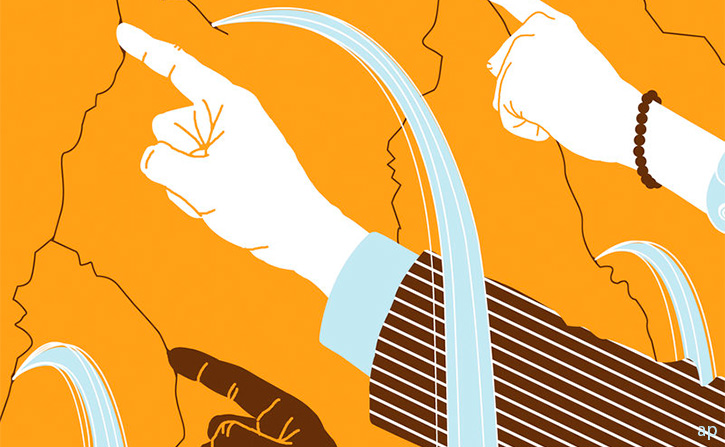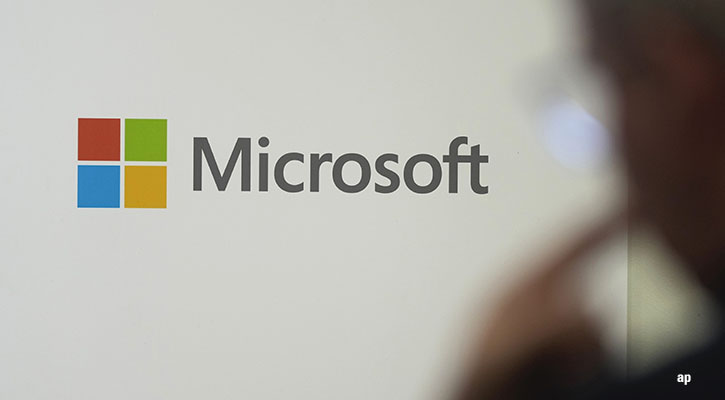BT Group reported mixed fiscal first-quarter results Thursday. While revenue declined more than we expected and EBITDA margins were a touch light, cash flow generation was very impressive. Revenue dropped 4% year over year versus our projection of a 2.9% full-year decline. The EBITDA margin came in at 27.9% against our full-year estimate of 28.2%. However, the firm generated free cash flow of £415 million versus negative cash flow of £122 million in the year-ago quarter.
All of BT's divisions saw revenue decline year over year, with the biggest fall coming from the retail division, which dropped 7%. This division continues to be hurt by the decreasing use of fixed-line phones, a worldwide phenomenon. The lower use of fixed-line phones is being partially offset by the growth in broadband services. The firm added 96,000 broadband subscribers in the quarter, taking its total to 4.9 million, which enabled it to increase average revenue per user 1.6% to £314. For the quarter, BT took in 40% of the sector's new subscribers. It is benefitting from its fibre rollout, which now passes 1.5 million homes and is passing an additional 100,000 per week. These homes can now access broadband at a speed of 40 megabytes per second. The firm has also started to offer broadband customers Sky Sports packages from £6.99 per month, a significant savings from what British Sky Broadcasting charges.
Offsetting the lower revenue, BT is doing a good job of cutting costs, with total group operating costs down 6% from the year-ago period. This has led to a significant increase in EBITDA margins, which were 25.3% one year ago. We expect the firm will continue to cut costs and see room for additional improvement in the EBITDA margin.
BT historically has generated the majority of its free cash flow in the second half of its fiscal year. It has been trying to smooth out the cash flow, and this quarter shows success. With the positive free cash flow and lower capital expenditures, net debt dropped to £8.9 billion, a decline of £1.6 billion during the year. While we don't think this is sustainable as capital expenditures are going to need to increase during the rest of the year, we are pleased to see BT focus on reducing its debt. We expect the firm's revenue declines to slowly reduce over the next couple of years and profitability to improve. We think BT is well on its way to restoring investor confidence.
Allan C. Nichols, CFA is an equities analyst with Morningstar.
























